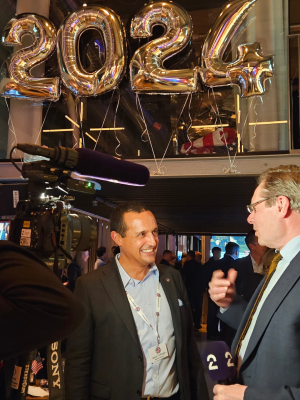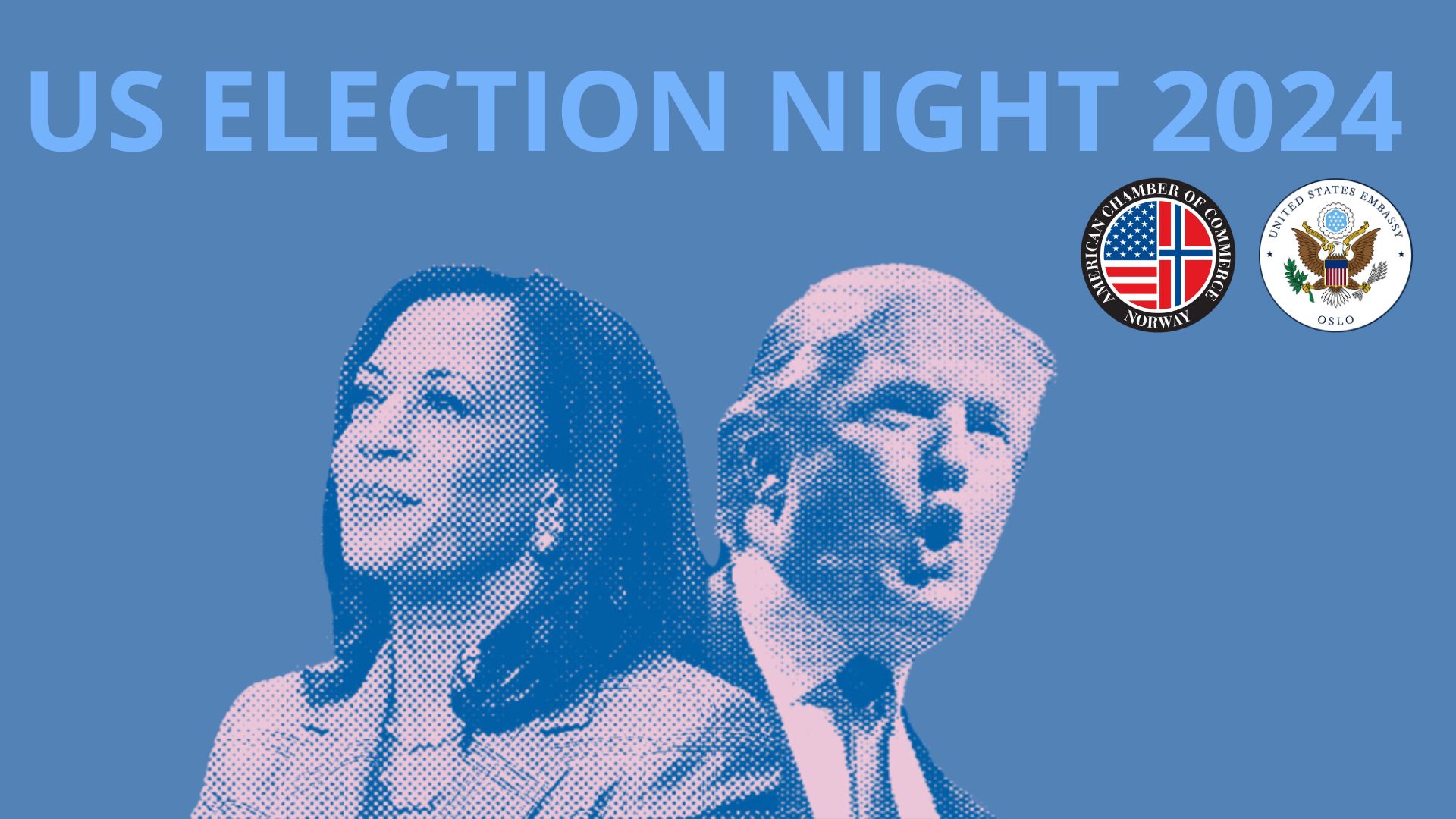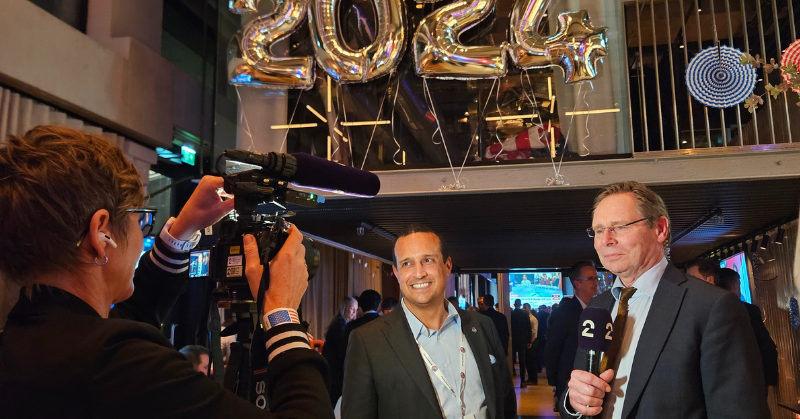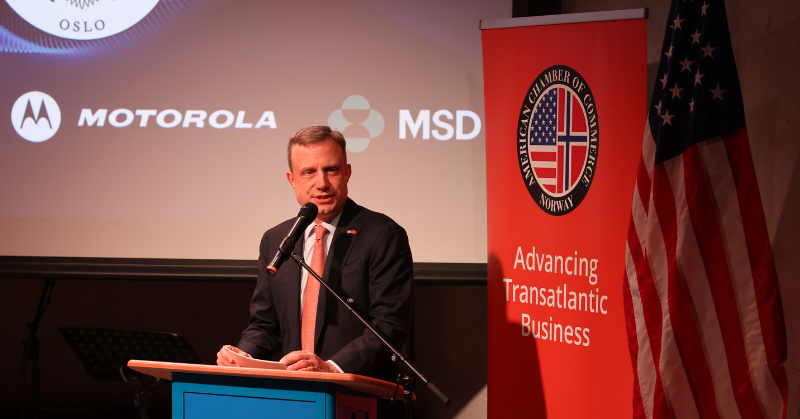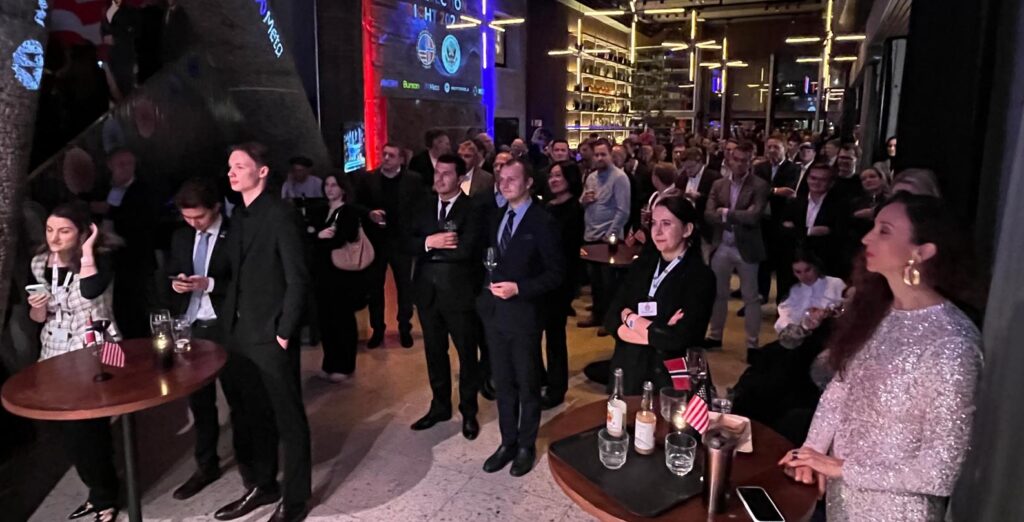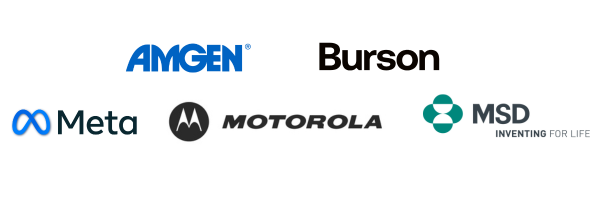Norges Bank’s Monetary Policy and Financial Stability Committee considers the financial system to be robust. Households and firms have so far been able to service debt in the face of high inflation and higher interest rates. Inflation has slowed and there are prospects for a lower policy rate. However, there is a risk of negative events that could weaken financial stability. It is important to maintain the resilience of the financial system so that vulnerabilities do not amplify an economic downturn.
Read the report here.
All posts by Janice Gundersen
Pressemelding: Norge styrker handelspolitikken i en tid med global usikkerhet
I dag holdt næringsminister Cecilie Myrseth regjeringens handelspolitiske redegjørelse for Stortinget, med tittelen “Handel i en omskiftelig tid”. Myrseth fremhevet betydningen av tettere samarbeid, åpne markeder og regelverksbasert handel som avgjørende faktorer for å sikre Norges fremtidige konkurransekraft og velferd.
– Hver femte jobb i Norge er et direkte resultat av eksport. Dette understreker vår avhengighet av åpne markeder og stabile handelsbetingelser. Nå, mer enn noen gang, må vi støtte opp om regelbasert handel og styrke samarbeidet med land som deler våre verdier og interesser, sa næringsministeren.
Styrking av handelsammarbeid med USA og EU
Næringsministeren understreket at den internasjonale situasjonen i dag byr på store utfordringer. Norge og verden står overfor en grønn omstilling, samtidig som økte geopolitiske spenninger fører til svekket etterlevelse av internasjonale handelsregler og mindre forutsigbar markedsadgang – særlig for små økonomier som Norge.
– Når konfliktnivået øker og markedsadgangen blir mer uforutsigbar, rammes spesielt mindre økonomier som Norge. Forutsigbar handel er viktig for alle, og derfor jobber vi for å styrke det multilaterale handelssystemet og våre relasjoner med EU og USA. I en tid med økt tollbruk, vil vi prioritere tett kontakt med våre kollegaer i Washington og Brussel, sa næringsministeren.
Les hele pressemeldingen her.

1000 Days Later: Support for Ukraine Remains Essential

A Message from A Message from the Managing Director – November 2024
KONGSBERG awarded contract to deliver Naval Strike Missile to US Navy and Marine Corps valued up to NOK 12 billion
Kongsberg Defence & Aerospace (’KONGSBERG’) has signed a multi-year procurement contract with the US Navy for the delivery of Naval Strike Missile (NSM) missiles to the Navy and Fleet Marine Force over a five-year period. The fixed price contract awarded today is valued at NOK 10 billion. This contract includes options which, if exercised, would bring the cumulative value of this contract to about NOK 12 billion.
“This contract is the largest missile contract in KONGSBERG’s history and an important milestone for us. We are pleased the United States has selected KONGSBERG as an industry partner and look forward to continued cooperation to support US defence capabilities and create value for important stakeholders in Norway and the US,” said Geir Håøy, President and CEO of KONGSBERG.
NSM is the centerpiece of the Navy’s Over-the-Horizon Weapons System (OTH-WS) Program, and is being installed on Littoral Combat Ships and CONSTELLATION-class Frigates. KONGSBERG is also delivering NSM to the US Marine Corps as a key component of its NMESIS (Navy Marine Expeditionary Ship Interdiction System) Program.
Read full article here.
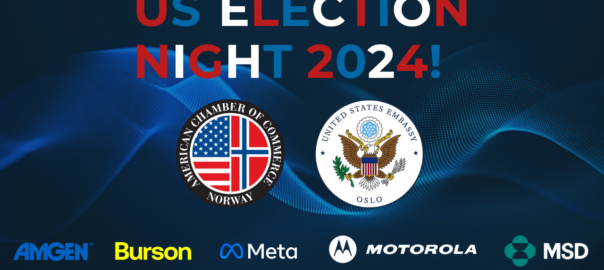
Together for US Election Night 2024!
How Trump’s re-election is shaping international study trends
The result of this week’s US election is undoubtedly significant and international education will see some of the most immediate impact. However, that impact will be complex as students from around the world ask what a second Trump presidency means for their study plans, and students from within the USA will become more likely to consider studying abroad.
Our unique combination of Keystone Pulse survey and Share of Search data can already reveal some of this impact.
Key Findings from the Keystone Pulse Survey
Recent survey results from over 600 respondents in October reveal a significant shift in how international students perceive the USA as a study destination. A noteworthy 42% of prospective students indicated that they are less likely to consider studying in the USA following Trump’s re-election. This indicates a rising sense of hesitation among the global student audience. Perhaps more significantly, 41% remain uncertain. Audiences are still making up their minds about the impact of this news, which means universities still have an opportunity to support and reassure them.
The implications of this sentiment are particularly pronounced among prospective graduate audiences. 5% of prospective students explicitly stated that they are now less inclined to pursue their studies in the USA.
This statistic underscores a critical trend: the postgraduate demographic appears to be especially alert and sensitive to the political environment, which could impact their decisions about education opportunities.
Read full article, here.
FREYR to buy Trina Solar’s 5GW solar module facility in Texas, US
The $340m transaction will close by the end of 2024.
FREYR Battery has agreed to take over Trina Solar’s 5GW solar module manufacturing facility in Wilmer, Texas.
The $340m transaction will close by the end of 2024, subject to customary conditions and the completion of a preferred stock issuance.
Trina Solar will receive $100m in cash, a $50m repayment of an intercompany loan and a $150m loan note.
The deal also includes 9.9% of FREYR’s outstanding common stock and a convertible loan note that could convert into an additional 11.5% of FREYR’s outstanding common stock.
The facility, which commenced production on 1 November 2024, is set to reach full production in 2025.
30% of the expected total production output from the facility is already committed to be sold through contracts with customers in the US.
Read full article here.
Prime Minister Støre congratulates Donald Trump
‘On behalf of the Norwegian Government, I would like to congratulate Donald Trump on his victory in the US presidential election. The US is Norway’s most important ally and we work closely together in many areas. I look forward to continuing our cooperation with the US under Mr Trump’s leadership,’ said Prime Minister Jonas Gahr Støre.
The US election has been a very close race, but Wednesday morning it became clear that Mr Trump had won and will be the next President of the US.
‘Over the years, Norway has maintained cooperation with the US through changing times and different administrations. We will continue to do so. The Norwegian Government’s primary aim is to safeguard Norway’s interests. The US is important for the Norwegian economy, for our jobs, and for the security of our country,’ said Prime Minister Støre.
The Government is aware that the change of government in the US may affect cooperation in areas of importance to Norway.
‘The fundamentals remain unchanged: US involvement is essential to address global challenges and Norway seeks to further develop the excellent relations between our two countries, and these rest on a firm foundation of long-term common interests,’ said Mr Støre.
Read full article here.
Norsk Hydro VP in Silicon Valley to Pitch Green Aluminum
Hilde Haugen Kallevig, vice president at Norsk Hydro, recently relocated to San Francisco. She wants to convince companies like Tesla and Rivian that low-carbon metals are both an environmental benefit and a smart business move, even if the cost is higher.
Haugen Kallevig sees a shift to green materials as an opportunity for Silicon Valley’s forward-thinking companies.
“Companies must start to see sustainable materials as a way to differentiate in the market and meet new government incentives, rather than just focusing on cost,” she says.
Even if was mainly her husband’s job that brought her to San Francisco, she views Silicon Valley as an ideal base to influence the U.S. tech industry.
The U.S. remains one of Norsk Hydro’s largest and fastest-growing markets, but Haugen Kallevig acknowledges that, still, only a few American companies are currently willing to pay the premium for sustainable materials, even if it’s just a few extra cents per kilogram.
“The price is the biggest hurdle at this point,” she says, noting that while sustainable materials offer added value for companies, producing them responsibly inevitably involves higher costs.
Read full article here.

